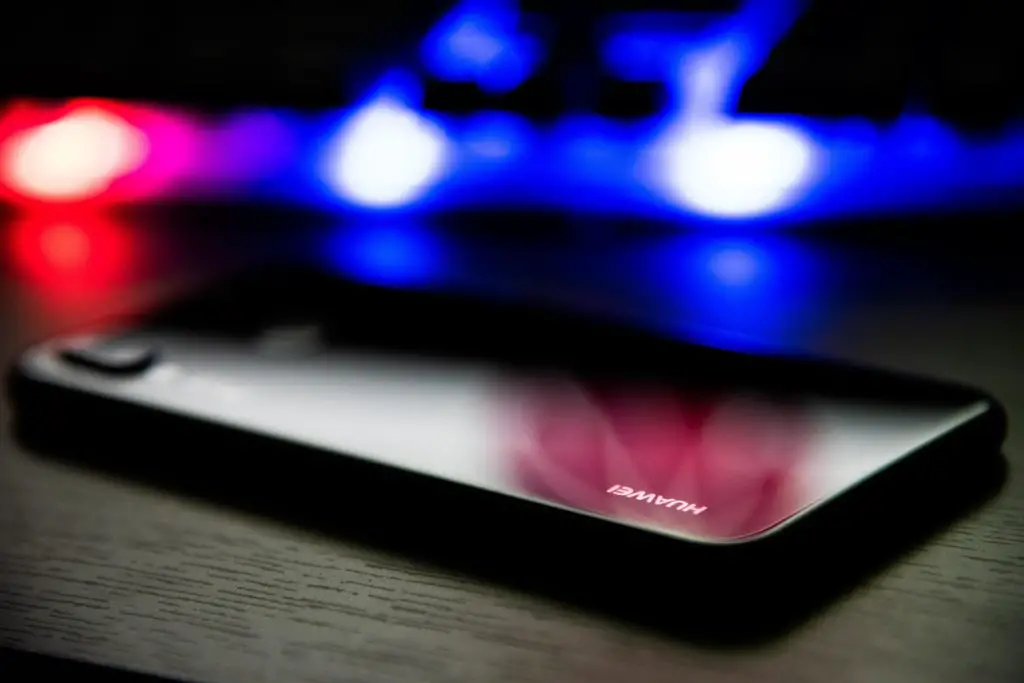
The Trump administration has adopted a significantly tougher stance on China’s technological advances, issuing a stark warning to companies worldwide that the use of Huawei’s artificial intelligence chips may constitute a criminal offense under U.S. export control laws, Financial Times reports.
The U.S. Department of Commerce released new guidance clarifying that Huawei’s Ascend processors fall under existing export restrictions, as they almost certainly incorporate U.S.-origin technologies or are produced using such technologies.
The Bureau of Industry and Security (BIS), which oversees export control enforcement, stated that it is intensifying its scrutiny of foreign AI chips. The document explicitly asserts: “The use of Huawei Ascend chips anywhere in the world violates U.S. export control regulations.”
Sources cited by FT emphasize that this is not the imposition of new measures but rather a clarification of existing rules. Companies are being alerted that Huawei’s chips are likely already subject to current restrictions, which mandate licensing for the export of U.S.-origin technologies.
Export control attorney Kevin Wolf (Akin Gump) explained that this is “not a new regulation, but a public affirmation of an interpretation whereby the mere use of a high-performance integrated circuit designed by Huawei—by anyone, anywhere—is considered a violation of export controls.”
BIS further clarified that the restrictions specifically apply to three models: the Ascend 910B, 910C, and 910D. The agency believes these chips were likely “designed using U.S.-origin software or technology, or manufactured using equipment that is a direct product of U.S.-origin technology—or both.”
These actions come amid mounting concern in Washington over Huawei’s rapid progress in AI chip development. The company is already supplying clusters of Ascend 910C chips within China which, according to Huawei, outperform comparable Nvidia products at scale.
Deprived of access to Nvidia’s offerings, Huawei has ramped up its domestic production and distribution capabilities. This has sparked fears that the Chinese tech giant could soon become a formidable competitor to U.S. firms on the global stage.
In April, Nvidia CEO Jensen Huang acknowledged that Huawei is “one of the most formidable technology companies in the world,” and emphasized that the United States should focus on fostering innovation and competition, rather than relying on bans.
Amid these escalating measures, the Department of Commerce also rescinded the proposed AI Diffusion Rule, which the Biden administration had planned to implement on May 15. The rule aimed to restrict the export of AI chips to third countries and seal potential loopholes exploitable by China. However, authorities deemed the draft overly bureaucratic and pledged to introduce a revised alternative at a later date.
Notably, the announcement coincided with Donald Trump’s visit to Saudi Arabia, during which he unveiled a series of major agreements—including a contract with the newly established state-owned AI firm Humain to build infrastructure powered by hundreds of thousands of Nvidia chips. The scale of these deals reportedly stunned some former officials, who expressed concern over the transfer of AI infrastructure abroad and the deepening ties between Riyadh, Abu Dhabi, and Beijing.


